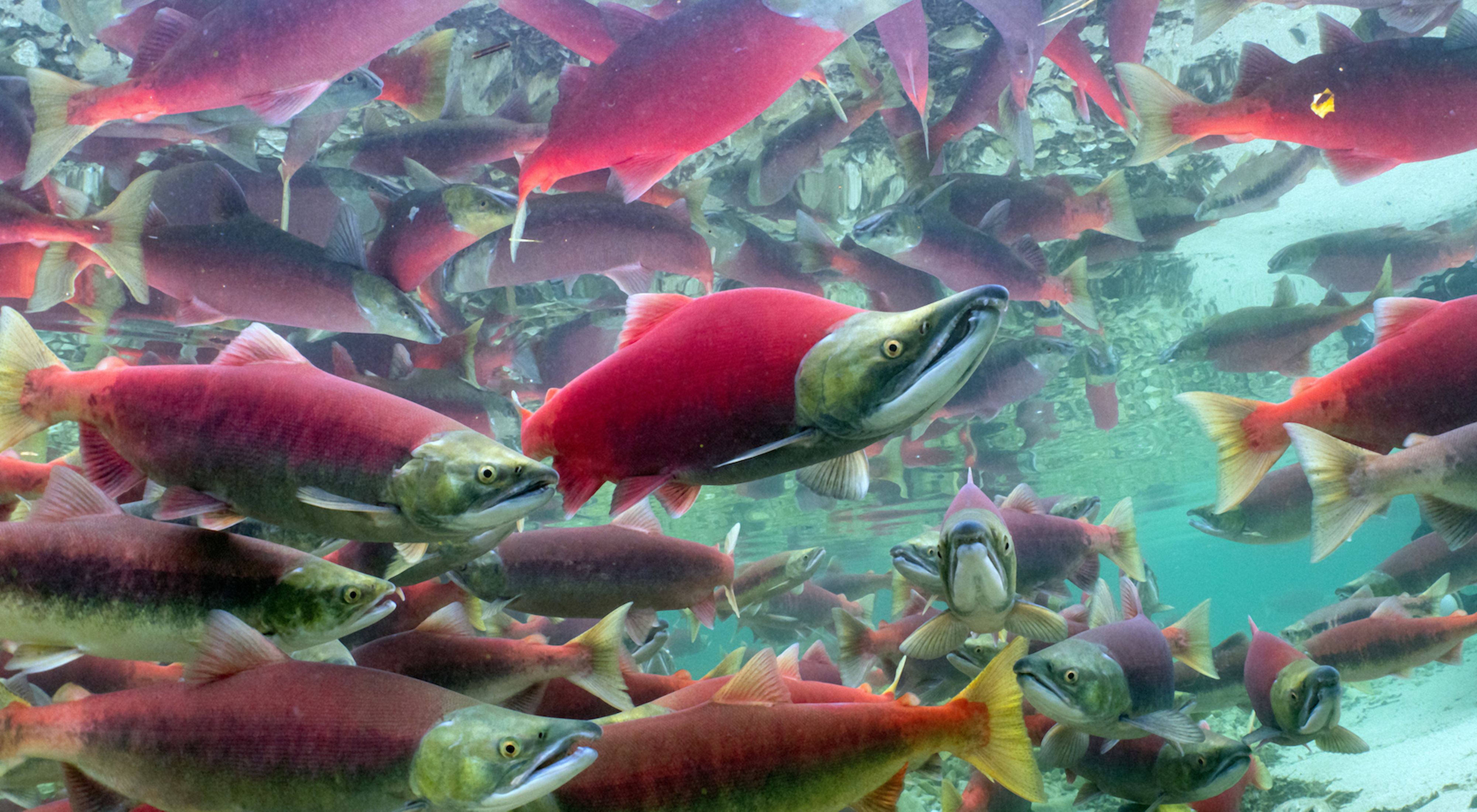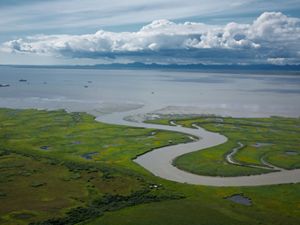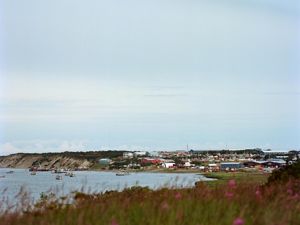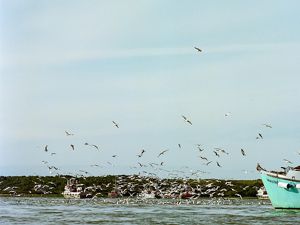U.S. EPA Makes Bristol Bay Protections Final
Veto of proposed Pebble Mine in Alaska based on scientific review
Media Contacts
-
Amy Miller
Media Contact
The Nature Conservancy in Alaska
Phone: 907.229.3524
Email: amy.l.miller@tnc.org
The future of the world’s largest wild salmon fishery and the lifeblood of Alaska’s Bristol Bay shines brighter after the U.S. Environmental Protection Agency issued a determination which effectively ends the threat of the proposed Pebble Mine.
The agency today finalized its recommendation, first released in December, to prohibit and restrict the use of certain waters in the watershed near the Pebble deposit. If developed as proposed, Pebble would be one of the largest open pit mines in the world.
The recommendation urged the agency to exercise its rarely used authority under Section 404(c) of the Clean Water Act to prohibit development of the Pebble deposit at a certain scale. With today’s action, the agency has now invoked its Section 404(c) authority on just 14 occasions in the 50 years since the Clean Water Act became law.
The following is a statement by Ivy Spohnholz, state director of The Nature Conservancy in Alaska:
“We are thrilled with the EPA’s finding and thank the thousands of people in Alaska and around the country who participated in the public process that led to this result, including more than 31,000 TNC supporters.
“A ‘no’ on the Pebble Mine is a ‘yes’ to letting local communities decide what’s best for them and a ‘yes’ to preserving some of the last wild salmon runs on earth. The residents of Bristol Bay have worked together to oppose this mine for more than 20 years, and today marks a major milestone in that long journey. With today’s final determination from the EPA, local leaders in Bristol Bay can now begin building for the future of Bristol Bay rather than fighting against a mine they don’t want.
“For more than a decade, TNC has supported the locally directed ‘Stop Pebble’ effort through scientific research. We continue to be committed to working closely with regional partners to ensure this special place, the fishery and the communities that depend on it are safeguarded for generations to come.”
TNC Alaska’s efforts to prevent the development of Pebble Mine have taken place in close coordination with partners in the region. For more information about the implications of the final determination and a local response, please refer to this statement from a coalition including the Bristol Bay region's tribal and economic development organizations.
The Nature Conservancy is a global conservation organization dedicated to conserving the lands and waters on which all life depends. Guided by science, we create innovative, on-the-ground solutions to our world’s toughest challenges so that nature and people can thrive together. We are tackling climate change, conserving lands, waters and oceans at an unprecedented scale, providing food and water sustainably and helping make cities more sustainable. The Nature Conservancy is working to make a lasting difference around the world in 81 countries and territories (40 by direct conservation impact and 41 through partners) through a collaborative approach that engages local communities, governments, the private sector, and other partners. To learn more, visit nature.org or follow @nature_press on X.



